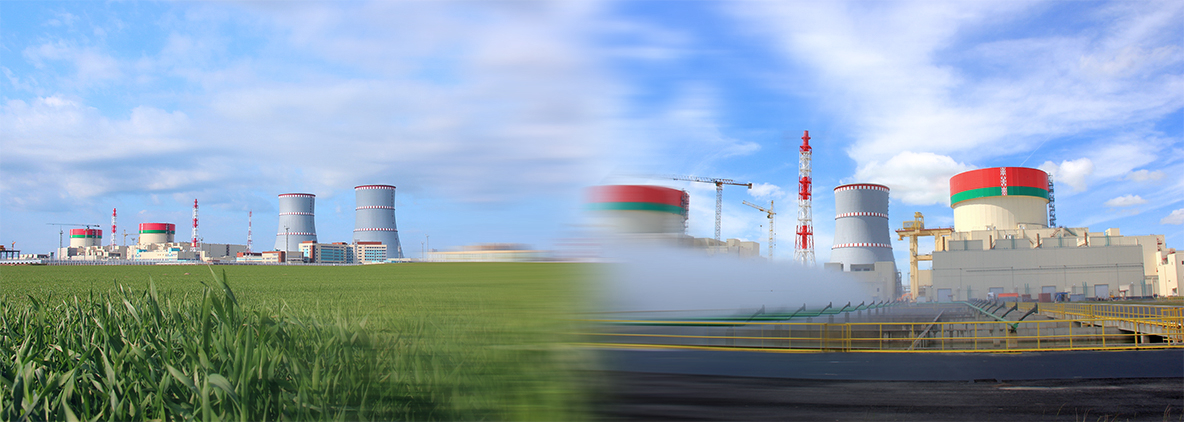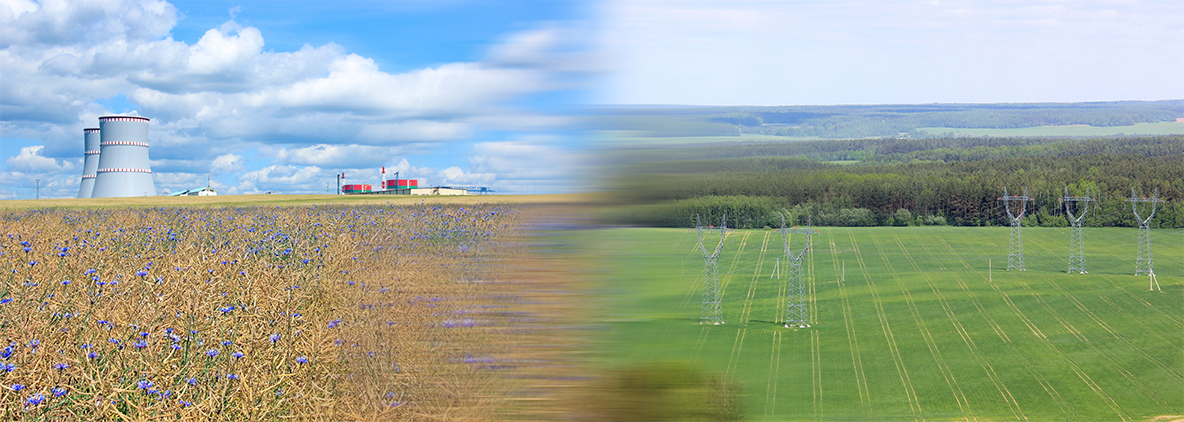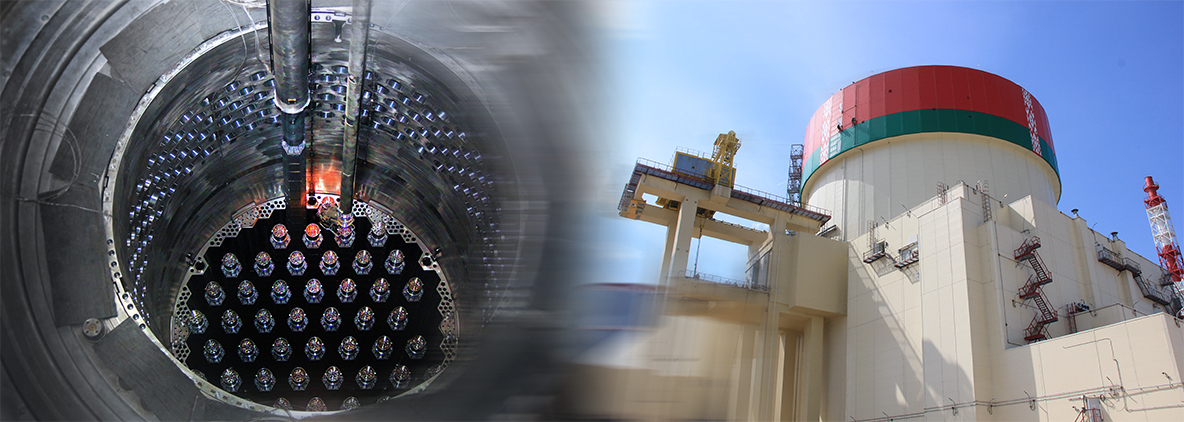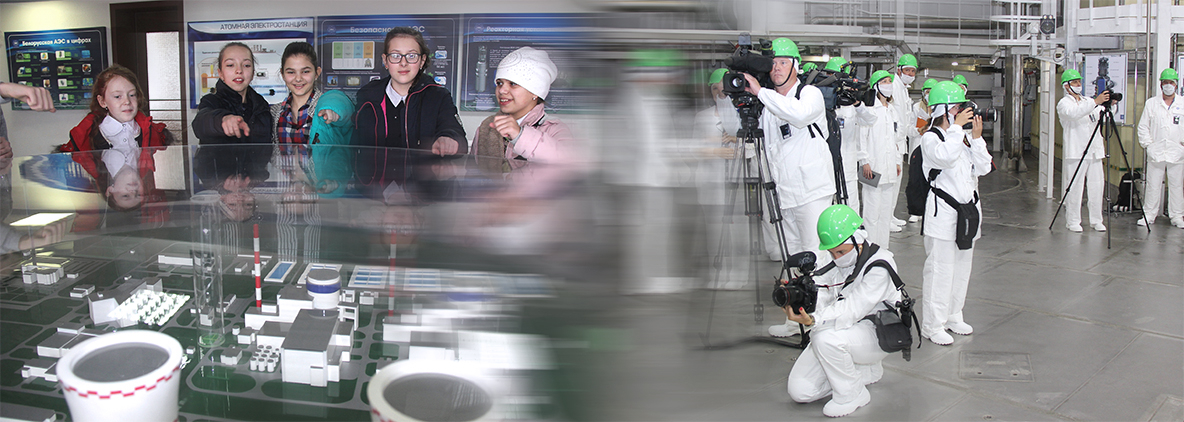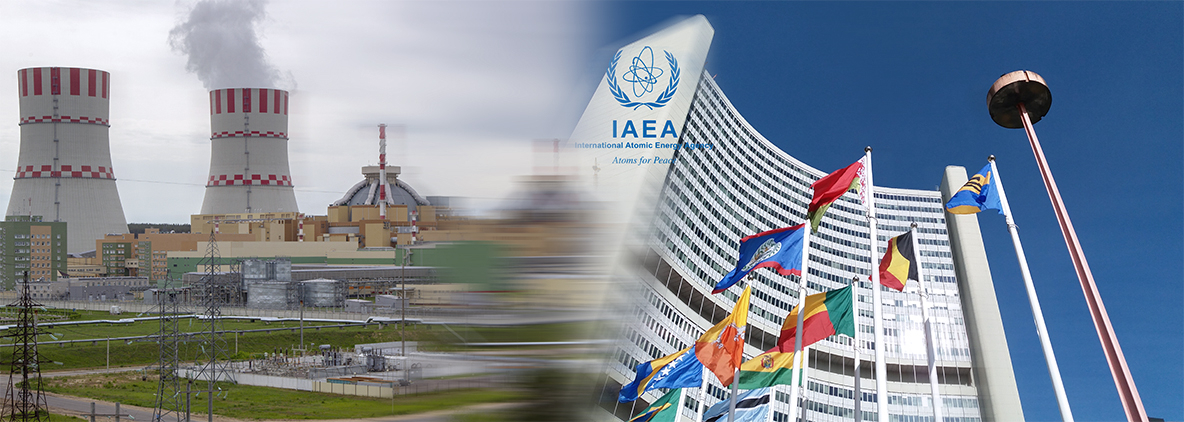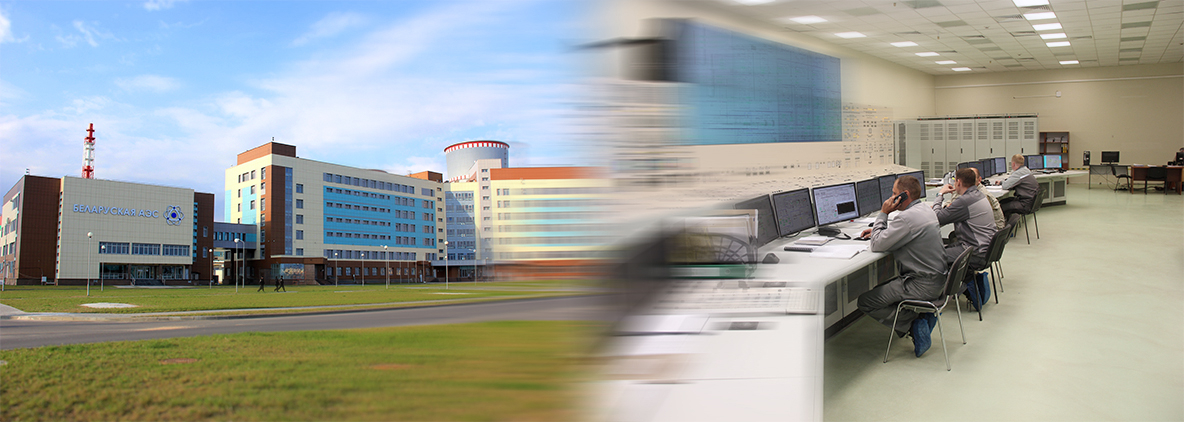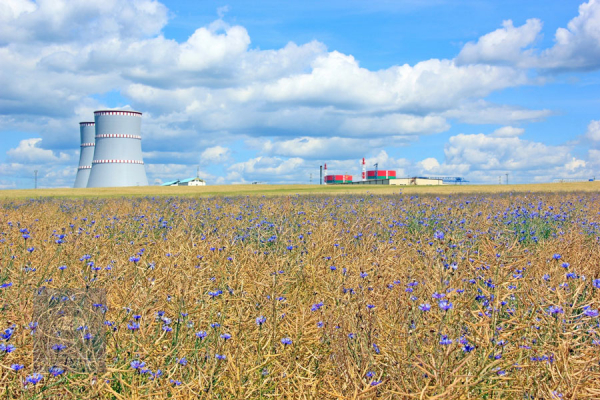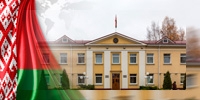“For all technological systems, commissioning is being completed, necessary for the physical start-up of the first power unit. Within this stage, 163 fuel assemblies with nuclear fuel will be gradually loaded into the reactor, followed by the increase in the power of the reactor plant. After that, the power start-up of the unit will begin: the first kilowatt-hours from the nuclear power plant to the power system of the country," Viktor Karankevich said. "This will be followed by pilot operation with a gradual reaching its design capacity and comprehensive testing of the first power unit at its rated capacity. It is planned to enter full commercial operation in the first quarter of 2021".
At the same time, work continues on the integration of BelNPP into the country's energy system. This is the construction of highly maneuverable peak-reserve sources with a total capacity of 800 MW and the construction of electric boilers with a total capacity of 916 MW at large power plants and boiler houses. Projects for the construction and reconstruction of 1.7 thousand km of high-voltage power transmission lines have been implemented, which will ensure the supply of electricity from the station to any region of the country.
The minister drew attention to the fact that the launch of the nuclear power plant will replace 4.5 billion cubic meters of natural gas per year. "Taking into account that the country annually imports about 20 billion cubic meters of gas, the savings are significant," Viktor Karankevich said. The launch of the nuclear power plant will make it possible to reduce greenhouse gas emissions by more than 7 million tons per year.






